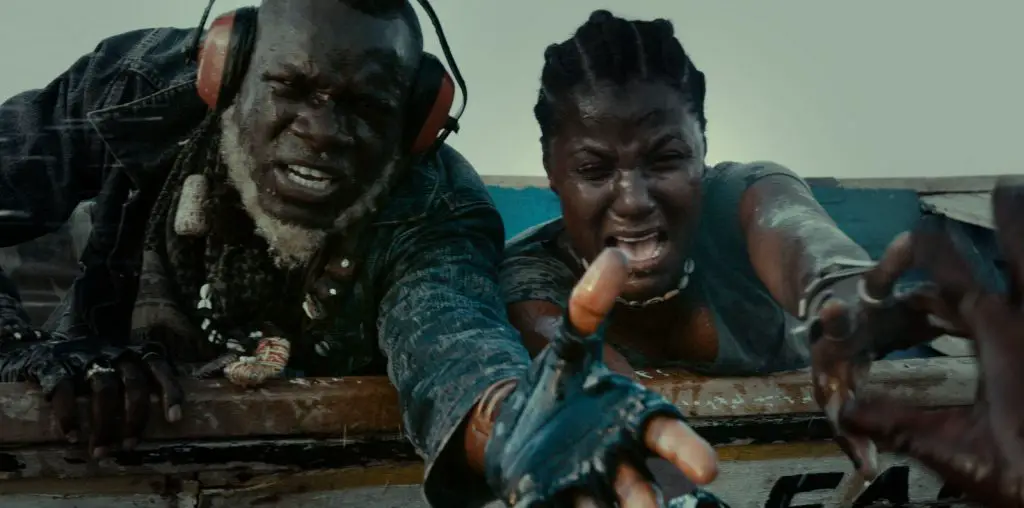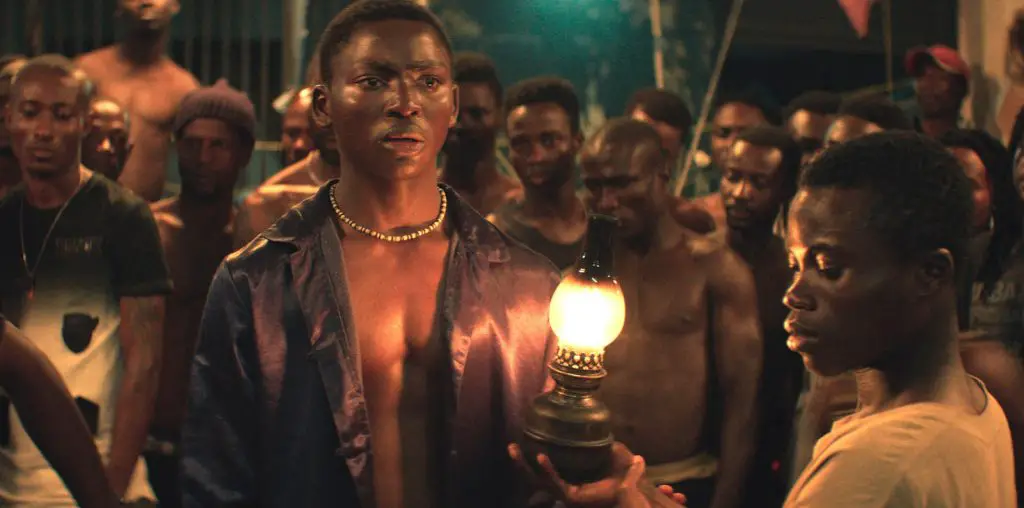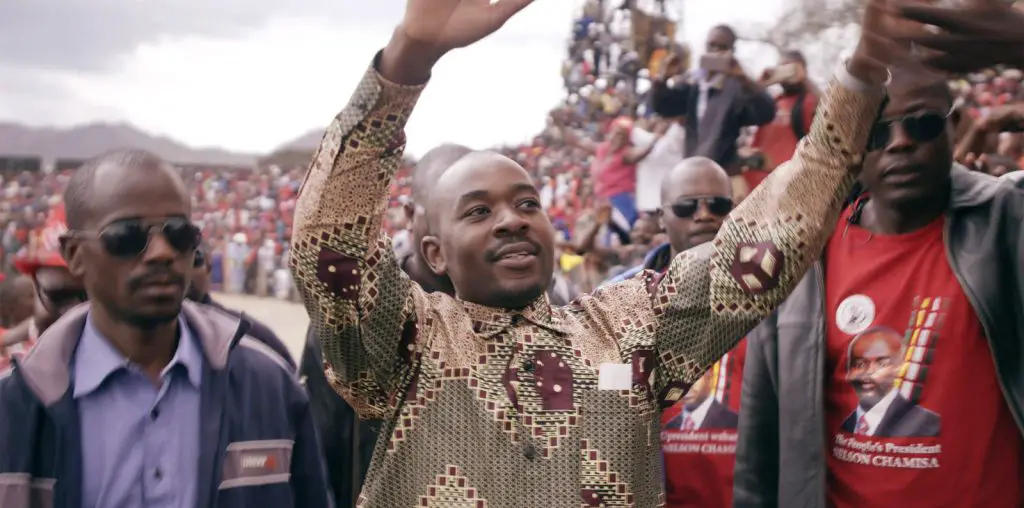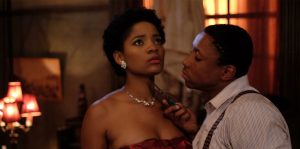
Back of the Moon drives home the story of Sophiatown and, by extension, all of South Africa under Apartheid by focusing on the personal stories of the people affected. The best insight into a historical event is found in intimate specifics. The screenwriters capture a moment that isn’t well known to the rest of the world in glorious, visceral detail. With a noir sensibility, and gorgeous music (some of it sung by the equally gorgeous Moneoa Moshes ), Gibson delivers breathtaking emotional dynamics.
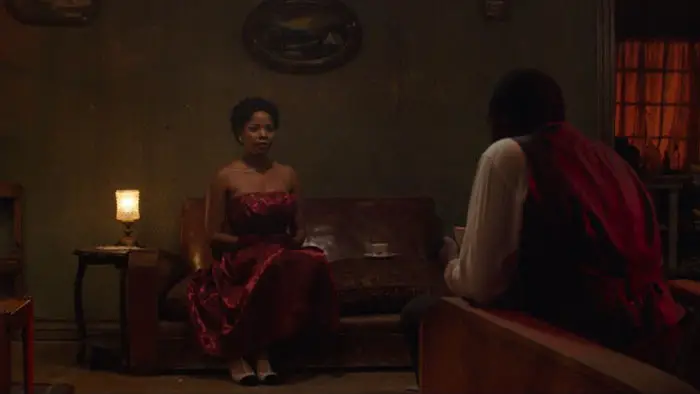
“…delivers breathtaking emotional dynamics.”
The director explained his fascination with Sophiatown in an interview with Variety. “I’m of an age that I was brought up in the ‘perfect’ apartheid moment. I grew up in this incredibly white world. I was entirely separated from the black world, so my life was very limited in terms of what I could see of the South African experience. When I got to the end of my adolescence, I got an awareness of what had been denied me. And I quite obsessively started searching for what I had not been told. Sophiatown was the very first removal, so I was drawn to that.”
Gibson has carved out a place for himself with a young, Black South African audience. His renown spread with an Oscar nomination for his work on the 1996 Mandela documentary, and he’s become the voice of a generation (though interestingly, not his own). Back of the Moon is a towering achievement. The brilliant script is rendered impeccably by the performances of Lukunku, Xaba, Moshes, and the rest of the cast. Never mind that this is a foreign film spoken in three languages (Zulu, French, and English), it is better than most of what comes out of Hollywood of late. So do yourself a favor, and find a way to see it.
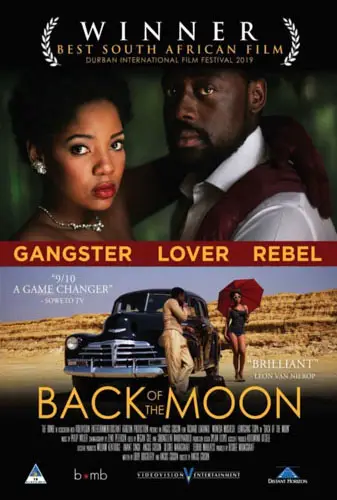
"…Gibson has carved out a place for himself..."
